
Politics & Society
Why Donald Trump could win the US election
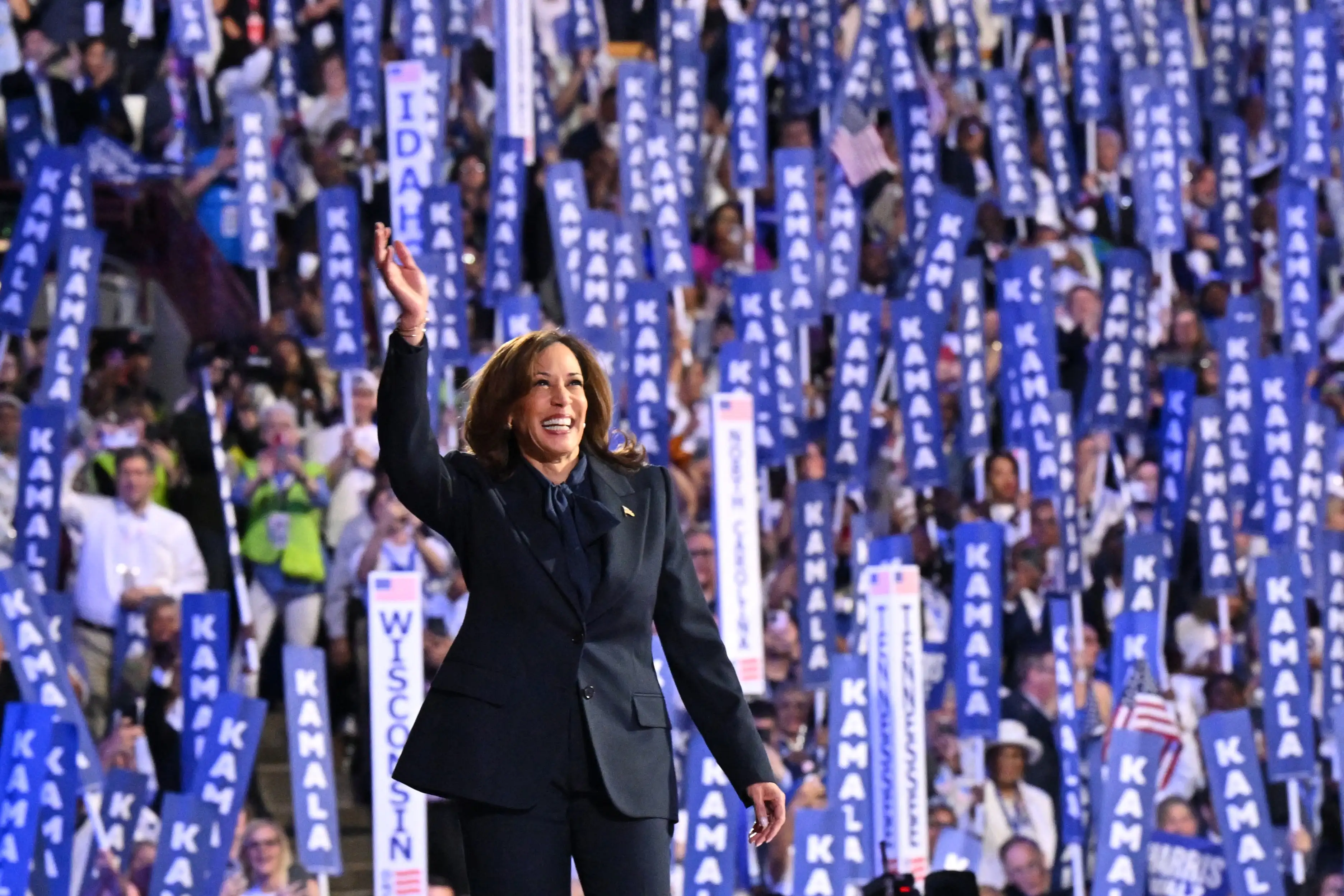
The second in this two-part series explores why the Democratic presidential candidate and current vice president could become the first woman elected as US president
Published 14 October 2024
In a little over three weeks, US voters will head to the polls to decide which candidate will become the 47th US president.
In Part 1 of this series, we explored why Donald Trump could take the reins of America once more. But that’s by no means certain. In fact, Trump’s weaknesses remain considerable, and Kamala Harris’s strengths possibly understated and misunderstood.
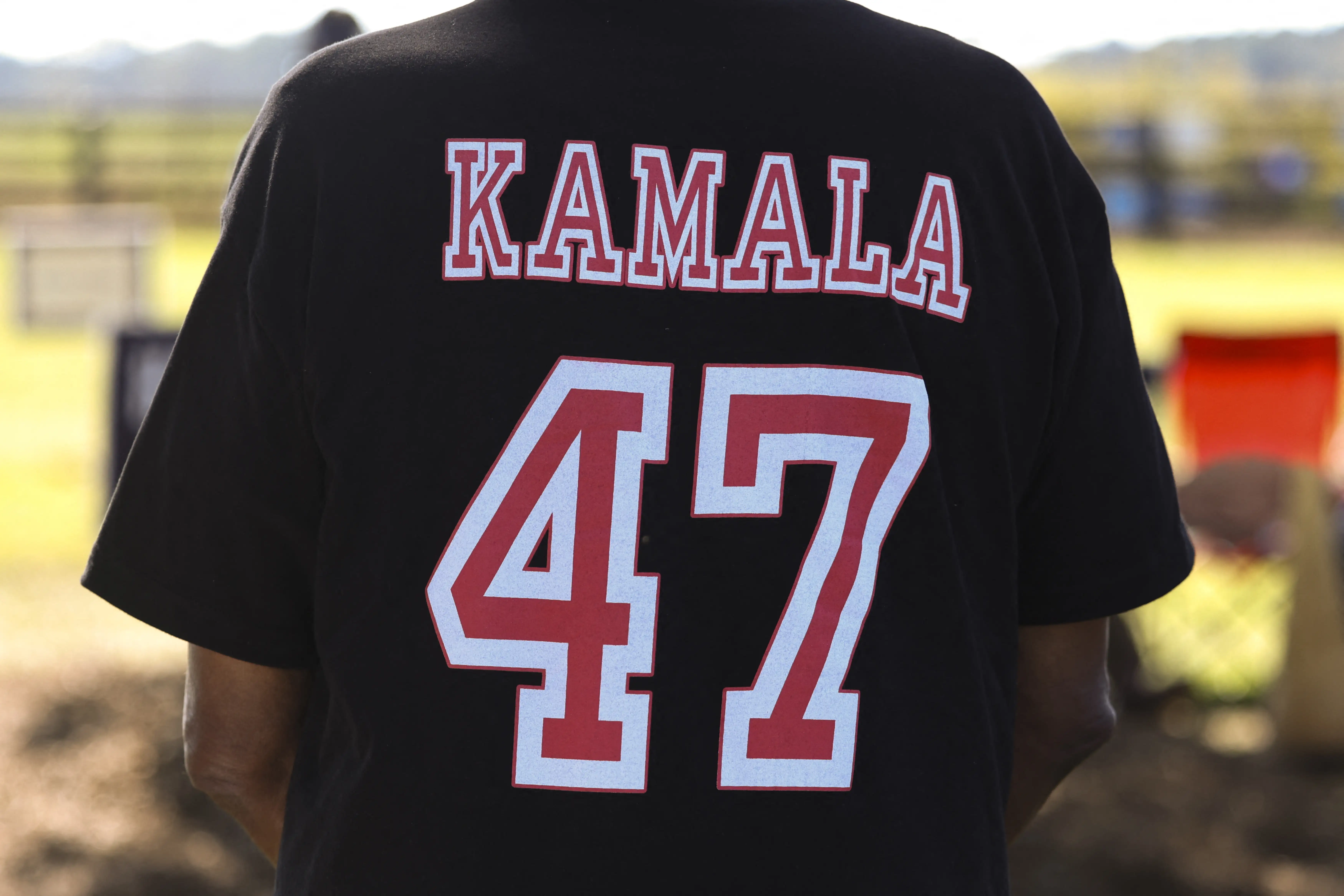
So, what’s the likelihood of America voting in its first female president?
Well, first, let’s look at recent electoral history.
Trump currently enjoys slightly more paths to the necessary 270 electoral college votes than Harris. However, historically, it remains harder for a Republican to win the presidency than a Democrat. A Democrat has been in the Oval Office for 20 of the last 32 years.
Since the end of the Cold War, with only one exception, no Republican has won the popular vote. George W. Bush managed it in 2004. Trump’s win in 2016, with just 46 per cent of the popular vote, is all the more remarkable in this context.
But doing it a second time proved elusive in 2020 and it could well be beyond him this year.

Politics & Society
Why Donald Trump could win the US election
Now factor in the added weakness Trump brings to recent electoral history. In the four elections as leader of the GOP, he has never broken 47 per cent of the popular vote.
This includes the presidential elections of 2016 and 2020 and the two midterms of 2018 and 2022.
Why is this a problem?
His 47 per cent ceiling suggests he can’t win the persuade-ables. This is the approximately 16 per cent of voters open to persuasion and will be the ones to decide this election.
Trump’s base adores him and always turn out. Because of this, he has a ‘high floor’ of about 43 per cent, but a ‘low ceiling’ of 47 per cent because centrists remain wary.
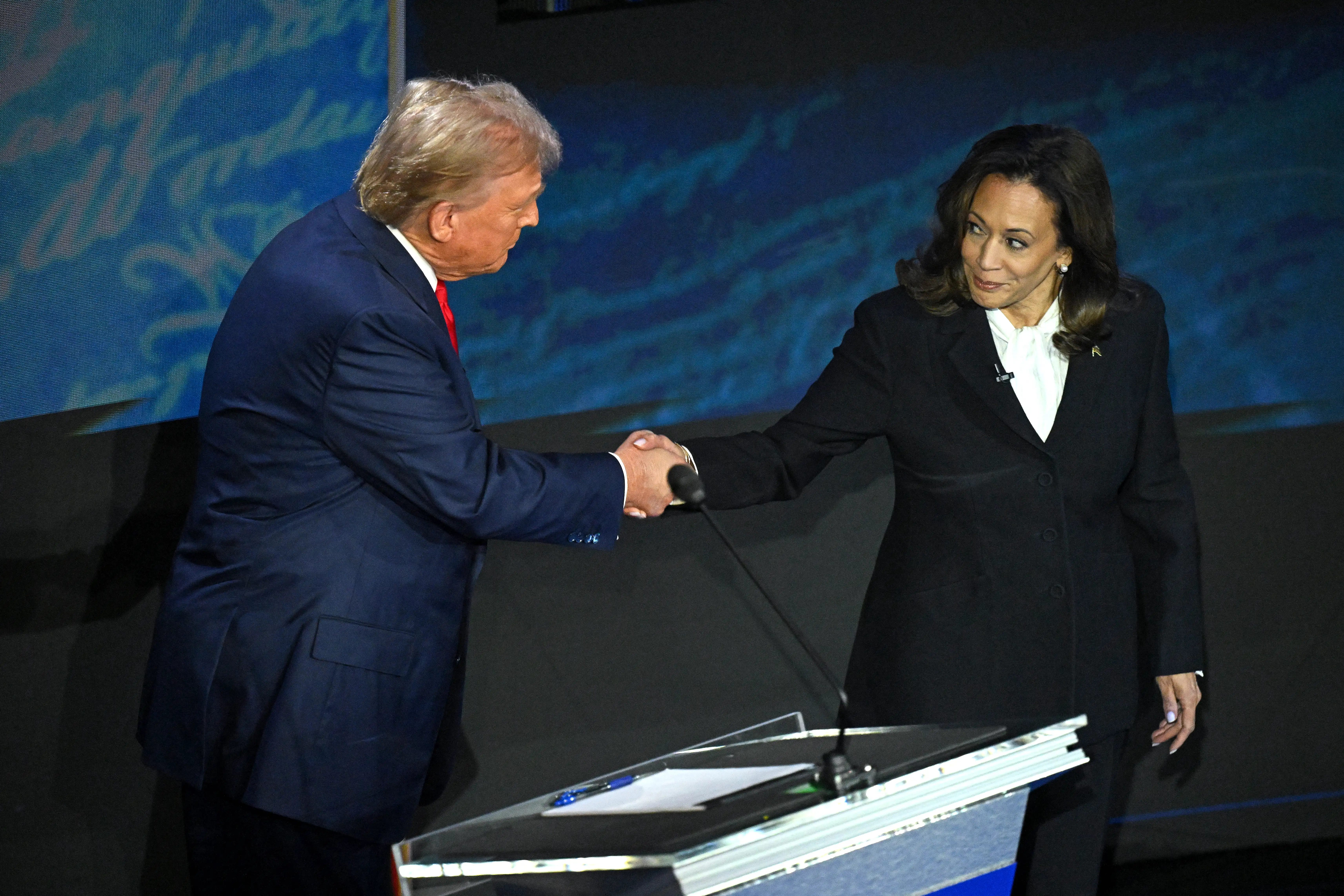
His whole campaign should be about appealing to the undecided middle. It isn’t. He can’t resist running toward a base that will vote for him anyway.
Harris, after a political career of California-style, left-wing activism, has been more disciplined about tacking toward the centre. She wants to win, even at the risk of flip-flopping.
Trump’s authenticity is purchased at the price of the middle ground.
Once Biden stepped aside, the Democratic base learned to love Harris quickly – look at her joyous coronation in Chicago in August. This has given her the opportunity to persuade independents, even some Republicans, to jump on board.
But Trump seems psychologically immune to such an approach.

Secondly, does Trump really want to win? Trump’s insensitivity to swing voters begs this question.
He has grown more emotionally and intellectually incontinent as the campaign has gone on. His age was less of a factor when his opponent was Joe Biden.
Now, against a 59-year-old Harris, he looks like the geriatric candidate he long ridiculed Biden for being.
His speech at the Republican convention accepting the nomination was bizarre. With the good will from and compelling narrative of the first assassination attempt, Trump choose to meander, ramble, and riff for an excruciating one hour and 45 minutes.
Harris’s, in contrast, was a polished 38 minutes, one of the shortest in history.
This ill-discipline was repeated in his flat footedness when Harris replaced Biden. He spent weeks pretending Old Joe would return.
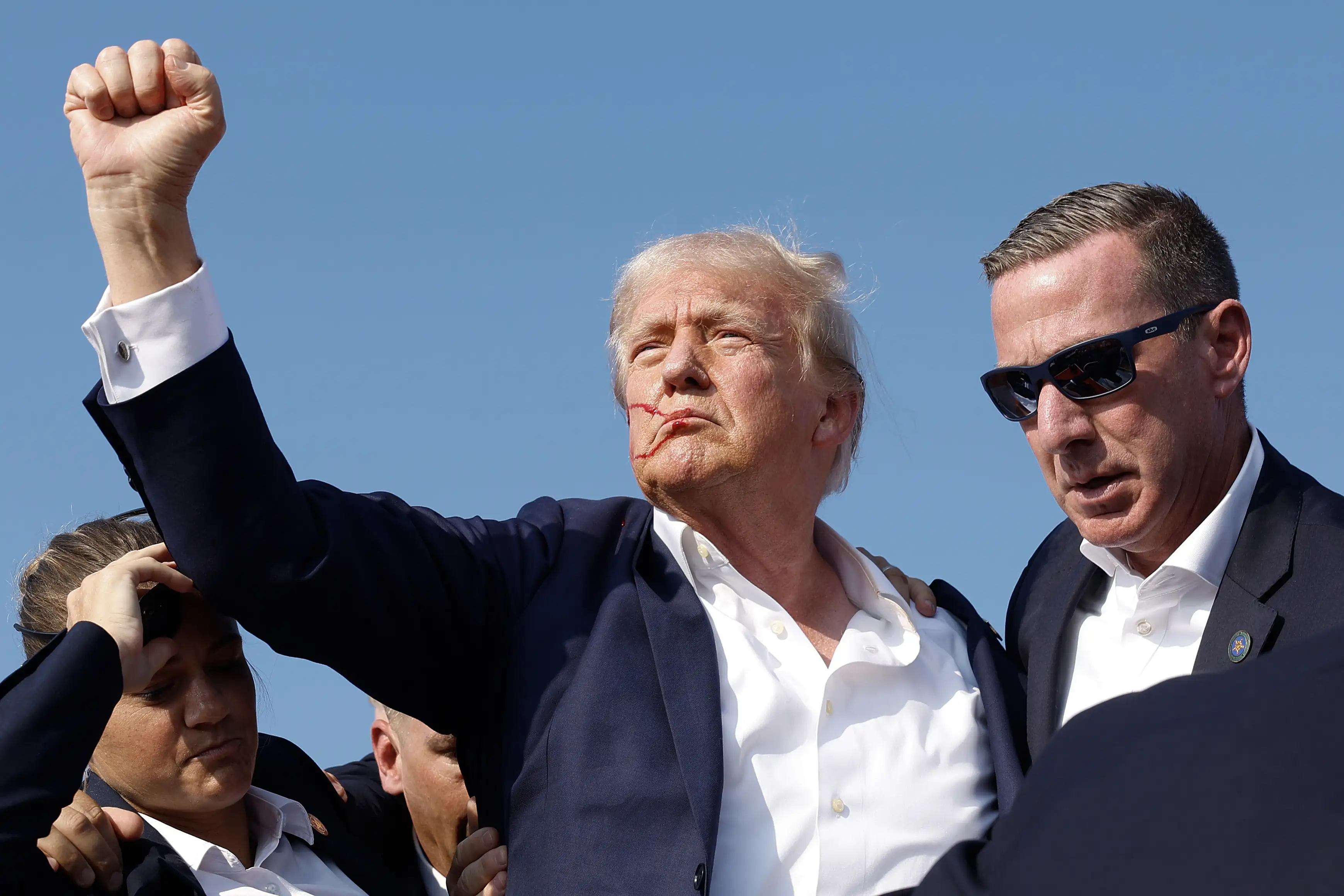
His debate performance against Harris was abysmal. He dominated Hillary Clinton on the debate stage in 2016. He just did not want to be there against Harris.
Again, does he want to win?
Thirdly, the Trump circus is wearing thin.
Trump has been a celebrity for decades and a celebrity politician since 2015, when he announced for the presidency. It is possible American voters have tired of him? What was transgressive and subversive ten years ago, looks shopworn today.
As the conservative commentator, Andrew Sullivan, observed, “At some point, the ratings for The Apprentice collapsed. Maybe the same will happen for a third Trump election cycle.”

Politics & Society
The battle for the racial future of America
Trump is obviously not responsible for the assassination attempts made on him. But each one highlights the chaos that always seems to accompany Trump.
Do Americans want another four years of this? Do they want a return to the highest staff churn in White House history? Is it time to give power back to a man who so reluctantly and histrionically relinquished it in 2021?
The use of ‘lawfare’ by Democrats seeks to exploit this exhaustion with Trump.
The Biden administration has prosecuted the former president just enough to keep a negative image of him front and centre in the public mind. But not so much that he would not be the Republican candidate.
They needed him legally wounded, if not publicly shamed, but still in the race. This strategy has mostly worked.
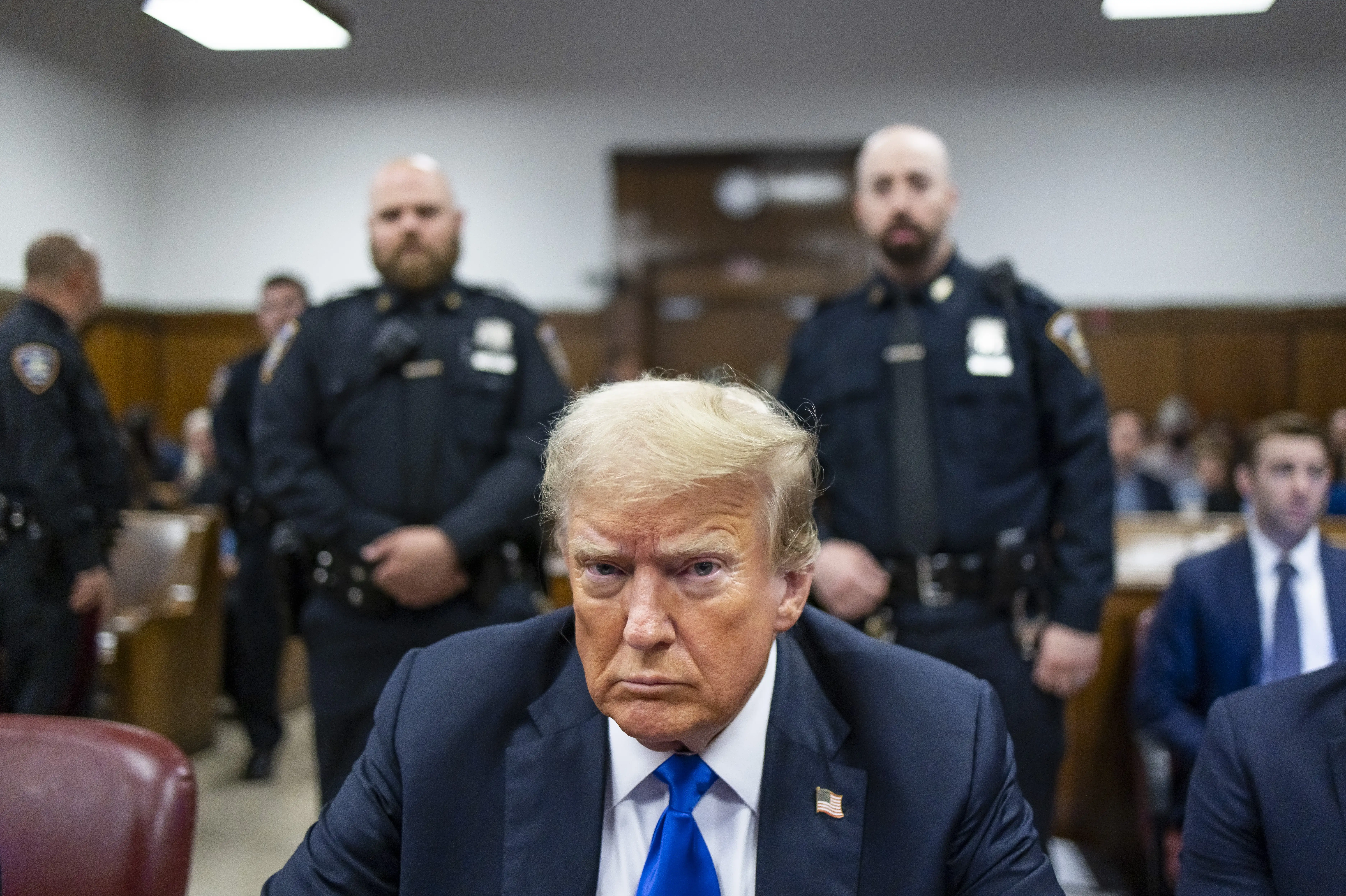
Fourth, ‘She’ll do.’
An obvious antidote to the Trump chaos is Kamala Harris. Her vice presidency has been unspectacular, mediocre even. But that might be an understated strength.
Low expectations are a priceless political gift. While Trump promises world peace and instant greatness, Harris has struggled to articulate a vision.
Americans this year may prefer that.
Her infamous word salads have earned her social media ridicule. But Harris’s obvious pragmatism on issues like fracking, electric vehicle mandates, gun buy-backs, and acceptance of private health insurance, reveal a politician that can evolve.
American voters are not being asked to anoint a messiah, like Obama in 2008. They need a sensible antidote to Trump. She’ll do.

Politics & Society
Is this the end of the “American Century”?
Fifth, abortion politics possibly favour Harris.
She is, of course, capable of strong positions, strongly held. Harris has been at her most fluent on the issue of abortion. This is the first presidential election since Roe v. Wade was overturned.
Some red states, like Ohio, Kentucky and Indiana, have supported abortion rights in ballots since Roe was repealed in 2022.
The electoral advantage accruing from the repeal of Roe seems to be owned by pro-choice Democrats. ‘Seems’, because while Harris is more trusted on this issue, abortion has lower salience with voters than does the economy and immigration, where Trump is more trusted than her.
Fox News’ polling in August found 58 per cent of voters from Arizona, Georgia, Nevada and North Carolina preferred Harris on abortion, but only 48 per cent overall said they’d support her (compared with 47 per cent who backed Trump).
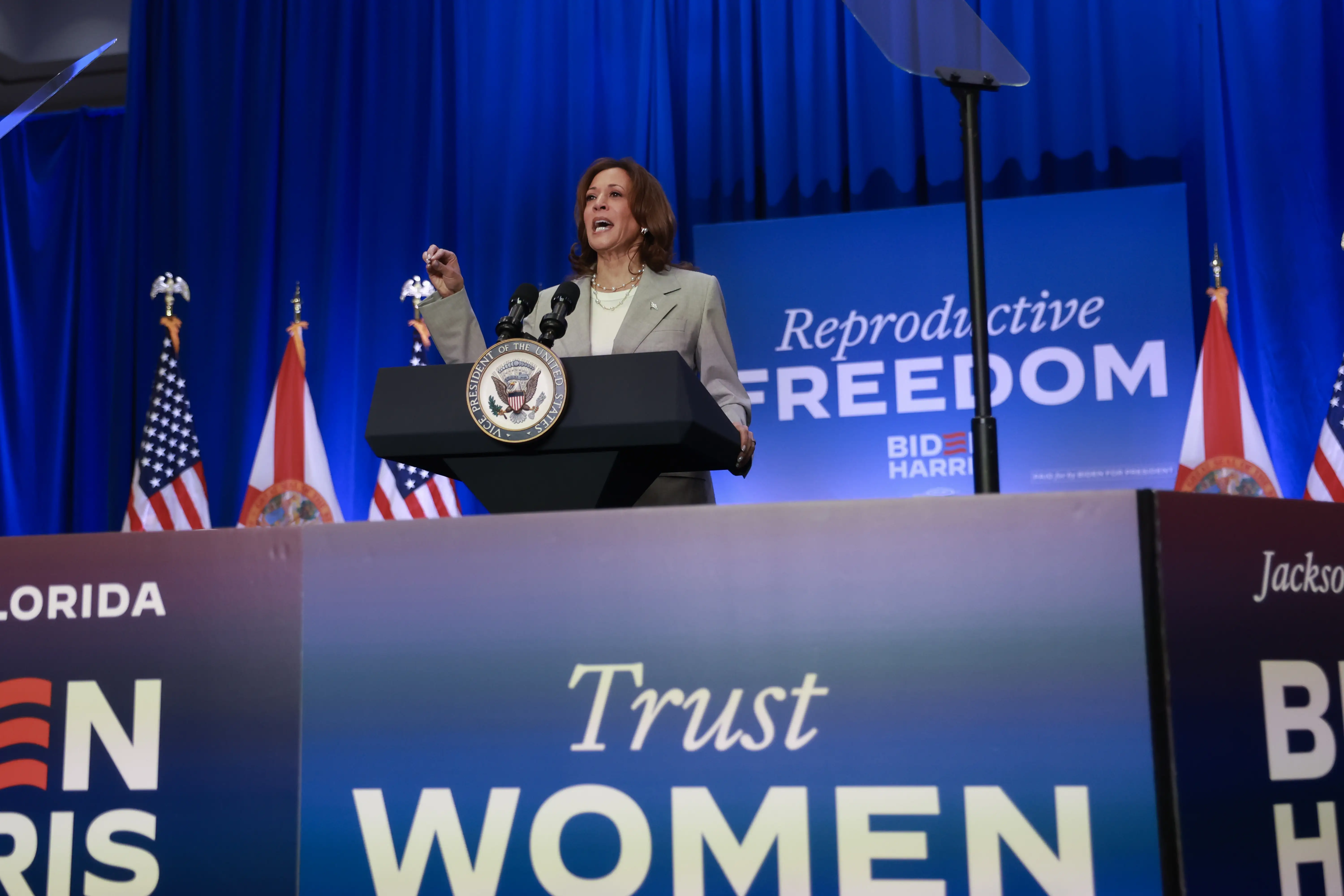
Remember the argument about her appeal to centrists? Abortion could be the issue that accounts for her razor thin margin of victory in some battleground states. Or it might have a negligible impact on her fortunes. We don’t know yet whether a post-Roe politics will favour Democrats as much as they want and need it to.
Finally, the American economy is in not bad shape.
I argued in Part One of this series that Harris owns the pessimism – the vibe – about the US economy. But that pessimism is increasingly a caricature and vibes can change.
The Biden-Harris record is a mixed bag rather than a damning indictment. Job growth is strong. Interest rates are likely to fall and inflation has long outstayed its welcome.
Trump continues to enjoy the advantage here.

Politics & Society
The words we hear in this US presidential debate have power
In the seven battleground states, he is more trusted on the economy than is Harris. This could prove decisive. But feelings about financial security can change quickly.
Trump’s spending ambitions are insensitive to federal debt and Harris must play against her California-type and argue that reckless spending will spell fiscal doom under Trump 2.0.
You need a coin to make this prediction.
At this juncture, the election could be as close as it was in 2000 – when the Supreme Court had to intervene and confirm George W. Bush the winner.
Margins are razor thin, but faith in polling low. Events could intervene. They usually do and already have.
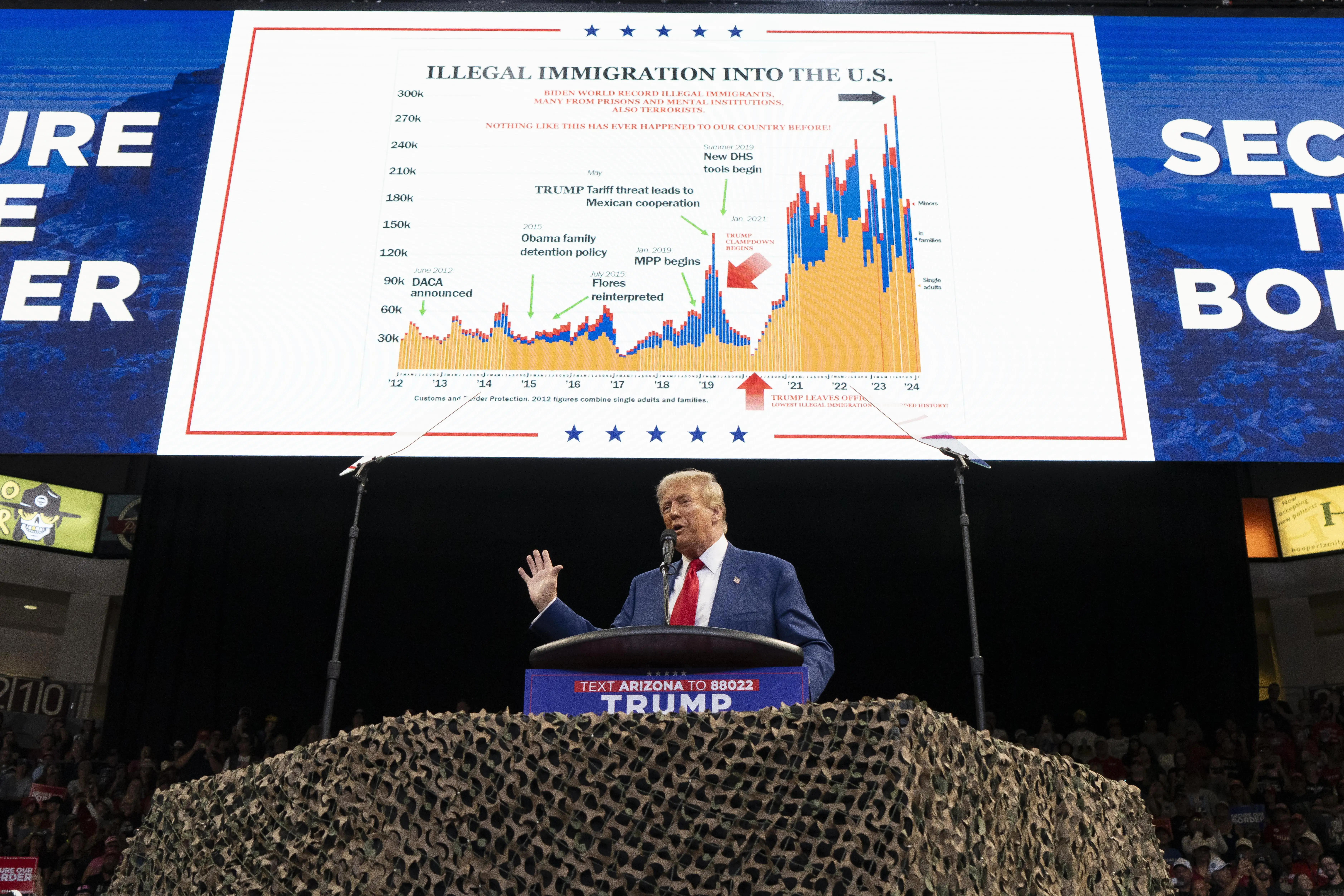
The assassination attempts on Trump should caution us that fate and contingency often shape history more than structures and great impersonal forces.
Trump goes into the final weeks of the campaign enjoying polling dominance on the economy. When asked who is better able to handle it – 50 per cent said Trump, 40 per cent Harris.
On immigration and border security, the second most important issue for voters, Trump’s dominance increases to 16 points (52 to 36).
This polling suggests Trump can reach the 270 electoral votes he needs.
But the polls don’t vote. And you shouldn’t bet. Flip that coin instead.
Professor Tim Lynch is part of a debate on the upcoming US election with former Biden staffer and PhD candidate Cory Alpert on 15 October 2024. This is the third event in the In Pursuit of Knowledge series, which brings together University of Melbourne experts to examine and illuminate the critical issues of our time.